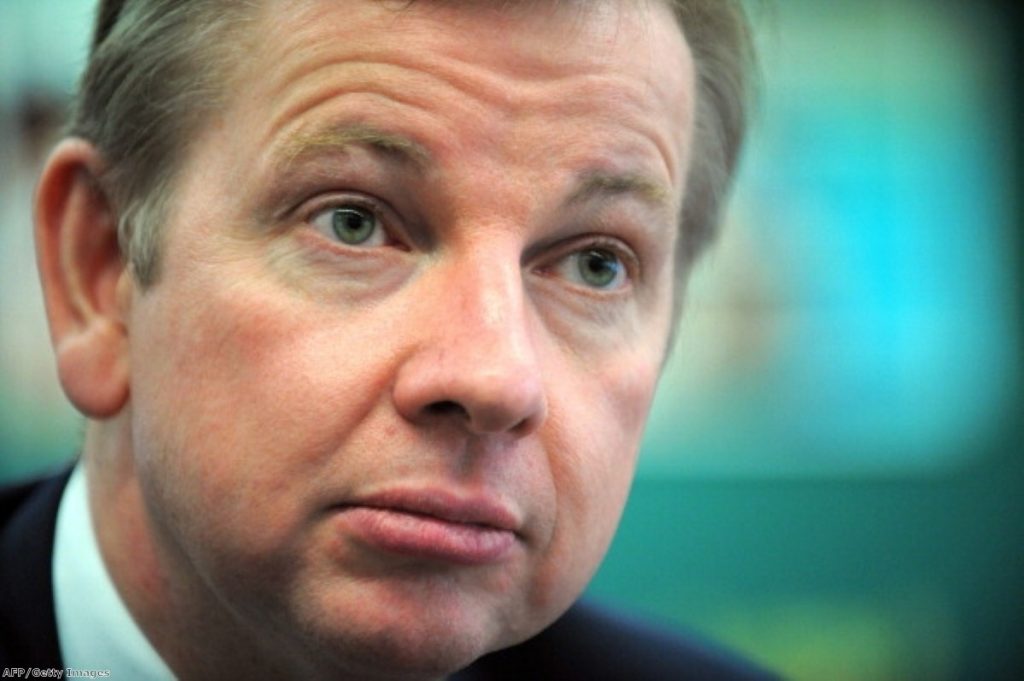Over half of secondary schools now academies
By Georgie Keate
Another 282 school academies will open this month, bringing the total to over 2,300 in the UK, the education secretary has announced.
Michael Gove has created over ten times more of the controversial academies since the coalition election in 2010 with 48% of the secondary workforce now working in them.
"We believe in trusting the professionals. That's why we gave teachers the opportunity to take on more freedom and responsibility and they have grabbed it with both hands," Gove said.


"Many are now going even further and taking on responsibility for turning around less successful schools. These outstanding converters are becoming the new academy sponsors of the future raising standards across the state sector."
The government policy aims to convert 'failing' schools into academies, taking control away from local authorities and into the hands of teachers and education professionals.
However, Chris Keates, the general secretary of the National Association of Schoolmasters Union of Women Teachers (NASUWT) has argued that the academy programme is excluding the majority of children and creating an elitist education system.
"Gone is the focus on disadvantage and deprivation. Gone are many of the safeguards for pupils and parents, as the ideological drive to open up state education to a range of providers and introduce the free market free for all takes hold," she wrote in a comment piece for politics.co.uk.
"Academies perform no worse or better than other schools. There are some outstanding academies, but there are also outstanding community and foundation schools. Indeed, the majority of the highest performing state schools in the country are not academies, but community schools."
The government claims that 54% of secondary schools are either academies or are in the pipeline to become one with 1.7 million pupils attending. There are also 501 sponsored academies and 56 with special educational needs.
The new schools minister, David Laws, backed up the government policy, arguing: "Academies help to ensure that the professionals – teachers on the frontline – are in charge of schools not politicians or bureaucrats."
"I am pleased that more schools are choosing to increase their capacity to innovate and our vision is that all schools will take on these freedoms and responsibilities."
According to government figures, the GCSE results in sponsored academies improved nearly twice as fast as state schools.
Although they are funded by central government, academies create their own rules, curriculum and term times. Academies with sponsors are also heavily influenced by the company or individual funding them.
Critics have said this is tantamount to privatisation of state education where schools can even make a profit from their services and some children may be excluded from the academy section.
"The fundamental principle of a public service, free at the point of use, is being seriously compromised as the coalition government enables academies to limit parents' ability to shop around for school uniform, to set whatever price they like for school meals and to levy charges for a wide range of provision which would previously have been a free entitlement under a national curriculum. Thus the door is wide open to access based on the ability to pay," Keates added.









